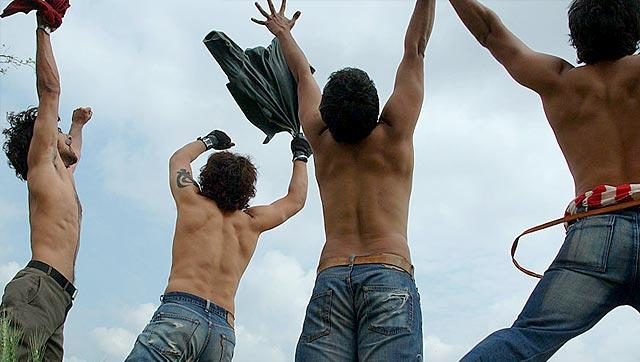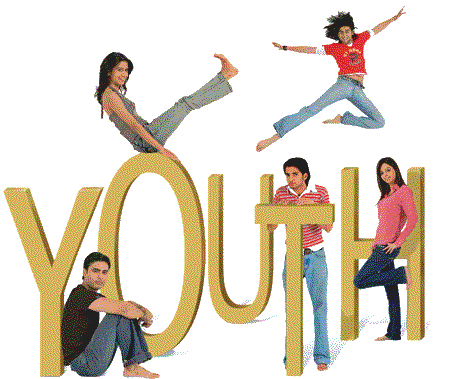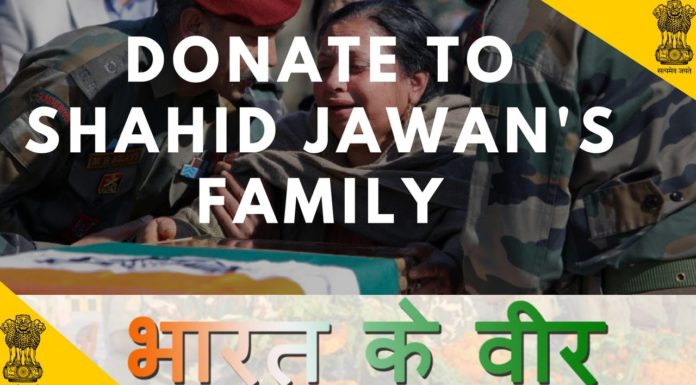India had been an incessant witness to its culture where birthdays meant waking up early, touching the feet of elders, celebrating the joy of an added glory with homemade dishes ingratiating motherly love and putting on the very traditional ‘tilak’ on forehead.
Parents were feared and more importantly valued enough to imbued a sense of responsibility in children from a very young age.
And ofcourse we have a history of joint families which inculcated not only a degree of ethics in their succeeding generations but exemplified a sense of belongingness and happiness.

As I write, I somehow feel nostalgic and dare I say, slightly disheartened by the consciousness of a long-forgotten virtue and a diminishing era. Present day Indian culture poses the threat of being termed as second hand westerners. The youth’s inclination towards western trends, indifference to elders, and an ever increasing communication gap with families and their easy adaption of ‘night-life’ along with many more exhibit how the youth is on the verge of divulging in a pseudo-modern mentality. Many also like to address the ‘change’ as modernity, without having a clear understanding of what modernity emphasizes. Indian culture is looked upon as one of the oldest cultures with a unique geography, diverse demography and ancient heritages. Contradictory to how protective we should have been about our culture, we are instead becoming incompetent samples of the western culture without even contemplating its catastrophic effects on us. It would be completely wrong to justify that westernization offers nothing more than demerits because we have plenty to add to our sleeves through western culture like punctuality, sincerity and professionalism. Also the nature of culture has to be flexible so that it can evolve with time and shed off its adamancy towards age old customs that holds no scientific attitude and creates a blockade against variation. But as it occurs, the fundamental philosophy of each civilization carries its own set of principles which on being displaced exposes the odds of getting absolutely evaporated.
Modernity has a subjective definition and it is quite a deviating concept from the term modernization itself. The latter is used to define an urbane economy where civilization has taken place with the high rise of literacy, high per capita income and structural flexibility. Whereas, modernity presages qualities of prudence, plurality of opinion, liberal spirit in terms of decision making and integrities and definitely a sense of individuality. In that sense, India needs modernity but it can do without looking for motivation exclusively from a culture which is not part of her own tradition. The knowledge must lie within the derivation and an eventual establishment of modernity from the past.
At this point India stands amidst a melting zone which has almost been boiled down by western ideas and ironically, as much as these ideas appear unalike yet their charisma has been maneuvering the youth without proposing the benefit of estimation and weightage. Unlike what modernity would like to fit in its stature when measured in sense of development, the observation of the same by our youth is enclosed in replication of the west – drugs, underage boozing, materialistic obsessions, as well as inferior treatment towards our indigenous traditions. My aim is not to denigrate or brand westernization but my purpose is to aggregate the understanding of one’s roots before one loses its grips. Also acculturation in India is a healthy notion unless we lose the true values of our social institutions. Hence, modernity or such easy adaptation of western culture can only be effective when the change in us does not wash off the core values and identity of our culture; and definitely fuels the curiosity level among the youth about the evolution process rather than simply settling for it.































